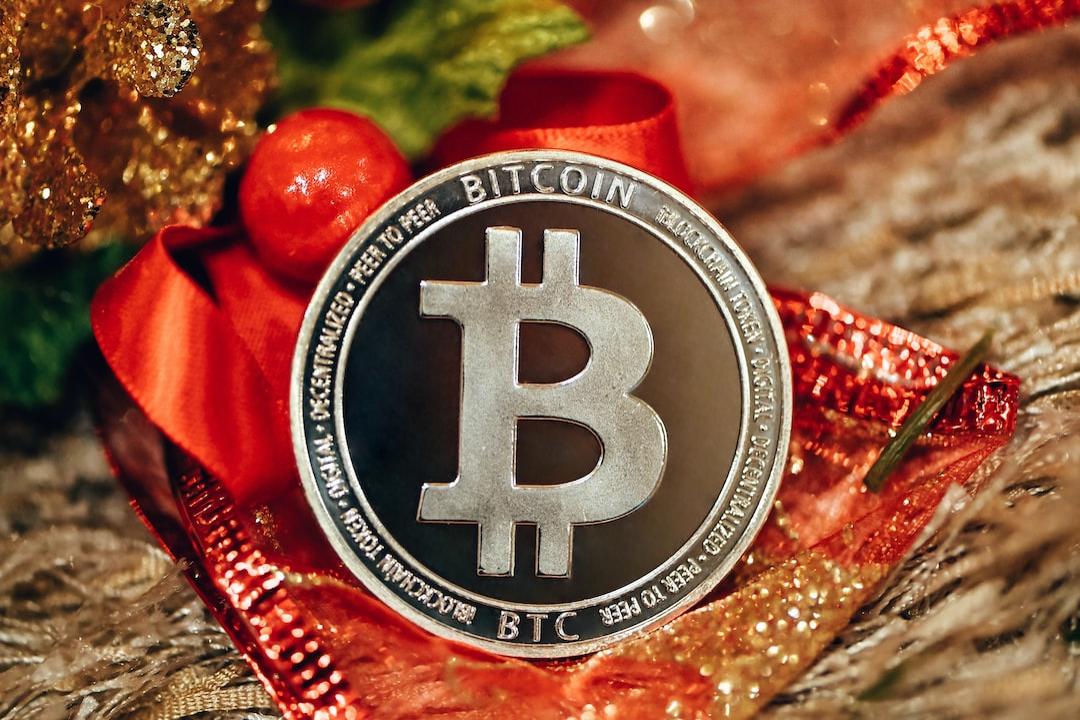What Happened?
Bloomberg’s analysis reveals that most of the top holders participating in the promotion event for Trump Memecoin are trading through foreign exchanges that prohibit U.S. users from registering. This finding has sparked strong skepticism among congressional Democrats, who argue that it essentially allows foreign funds to purchase access to the former president, lacking transparency while posing potential risks to national security and conflicts of interest, blurring the line between legitimate donations and “pay-to-play” arrangements.
This Memecoin controversy extends beyond moral implications; it directly impacts cryptocurrency-related legislation in the U.S. currently under review, including stablecoin and market structure bills. Democratic lawmakers have linked this controversy to the passage of these bills, accusing the Trump family of obtaining personal financial benefits through Memecoin, creating potential conflicts of interest, and using it as leverage to block legislation. This highlights the ethical dilemmas and regulatory challenges in defining the financial connections of political figures and public interests within the rapidly evolving cryptocurrency landscape.
The Trump Memecoin incident marks a new model for political figures to fundraise and exert influence through digital assets. Whether viewed as pure speculation by investors or as influence-purchasing by critics, this model complicates and obscures the flow of funds. Particularly as the current U.S. government is cutting back its cryptocurrency regulatory team, such events further reveal the severe challenges existing regulatory frameworks face in terms of transparency, anti-money laundering, and foreign interference regarding the new combination of politics and cryptocurrency.
Foreign Buyers Dominate, Conflicts of Interest Emerge
With less than three days remaining until U.S. President Donald Trump’s unique dinner with holders of his Memecoin “Trump Token,” this event scheduled for May 22 is designed to reward those who have purchased significant amounts of Trump Tokens, with top holders even gaining closer interaction opportunities with Trump.
However, as this unprecedented gathering approaches, questions are rapidly intensifying regarding the nationalities of its main participants and whether this constitutes “pay-to-play” or potential conflicts of interest, adding a thick layer of controversy to this alternative political fundraising event.
According to Bloomberg’s in-depth analysis, among the top 25 largest holders registered on the Trump Memecoin website, all but six have used foreign cryptocurrency exchanges that prohibit U.S. user registrations for trading. More broadly, at least 56% of the top 220 holders on the list have been determined to have utilized similar overseas exchanges.
This means that buyers purchasing these high-value Trump Tokens are likely located outside the United States. The foreign exchanges frequently used by these top holders include Binance, Bybit, and OKX, all of which have clear trading restrictions for U.S. residents.
Although the Trump Token website claims to conduct rigorous background checks and “Know Your Customer” (KYC) reviews for dinner participants, it does not detail how these checks will be carried out, raising doubts about their effectiveness.
The top 220 token holders have collectively spent $148 million for the opportunity to attend this event, with the final ranking confirmed on May 12.

According to external reports from Cointelegraph, among the holders expected to attend this Memecoin dinner are Kain Warwick, founder of the decentralized finance protocol Synthetix, a consultant named Vincent Deriu, and cryptocurrency user Morten Christensen, who reportedly paid only $1,200 for this opportunity. Others include a decentralized finance protocol and governance platform World Liberty Financial consultant known as “Ogle,” a representative from the Singapore startup MemeCore, and a representative from the Taiwanese cryptocurrency quantitative trading firm Kronos Research.
Financial Connections Between the Trump Family and Cryptocurrency
The “Dinner with Trump” event has sparked strong backlash, particularly from congressional Democrats and civic oversight groups. The core concern of opponents is that this is essentially a public act of “pay-to-play,” where money is spent to purchase exclusive access to the president. Some lawmakers have stated that such opaque cryptocurrency transactions could allow foreign individuals or entities to circumvent existing political donation and lobbying regulations, directly influencing U.S. policies or gaining improper benefits.
Bloomberg’s analysis cites that Sun Yuchen is likely the “Sun” wallet holder ranked high on the Memecoin leaderboard, having accumulated $17.9 million worth of Trump Tokens since the token’s issuance. However, Sun Yuchen himself was also sued by the U.S. Securities and Exchange Commission (SEC) in 2023 for allegedly issuing and selling unregistered securities.
Additionally, given that the Trump family holds a significant amount of this Memecoin, the increase in its price directly results in personal financial benefits, raising doubts among Democrats about whether relevant policy decisions would favor the Trump family and its allies rather than the public interest.
Although the issuance terms stipulate that the Trump family cannot sell these tokens for a period, the volatility in market prices still directly affects their paper wealth. The announcement of this dinner event previously caused the token price to surge from about $9 to around $14, triggering 436 transactions over $100,000 within just five days, most of which came from accounts associated with overseas exchanges.
They view this event as a textbook case of public officials using their positions for personal gain and have called for the government ethics office to intervene in the investigation. These objections have even impacted the legislative process for cryptocurrency-related bills in the U.S., with some Democratic lawmakers threatening not to support any legislation unless the Trump cryptocurrency corruption issue is resolved.
A company with ties to China is pouring as much as $300 million into Donald Trump’s memecoin—while the Senate is negotiating a crypto bill that can supercharge the President’s crypto corruption.
We’re at a crossroads, and the GENIUS Act must not pass without serious guardrails.
Political Considerations and Market Speculation Coexist
Despite strong concerns expressed by Democrats regarding the Trump family’s conflicts of interest in the cryptocurrency domain, House Speaker Mike Johnson has dismissed these concerns, stating that he is “not an expert in this area.” Meanwhile, White House Deputy Press Secretary Anna Kelly has said that since Trump’s children manage their assets through a trust, there is no conflict of interest.
At the same time, since taking office, the Trump administration has begun dismantling regulatory and enforcement teams responsible for overseeing digital assets, including restructuring the cryptocurrency investigators at the Securities and Exchange Commission and disbanding the Justice Department’s cryptocurrency task force in April. These actions, combined with the Memecoin controversy, have left the future regulatory direction of cryptocurrency fraught with uncertainty.
The “Presidential Dinner” event for Trump Memecoin not only reveals the complexity of fund flows in the cryptocurrency market but also pushes the potential conflicts of interest between political influence and digital assets into the spotlight. When decentralized cryptocurrency meets highly centralized political power, ensuring transparency, preventing “pay-to-play” corruption, and balancing national interests with personal financial freedom will be serious challenges that political and regulatory bodies in the U.S. and globally must confront. This controversy undoubtedly adds more political uncertainty to the future development of the cryptocurrency sector.
References: Bloomberg, WSJ, Cointelegraph

